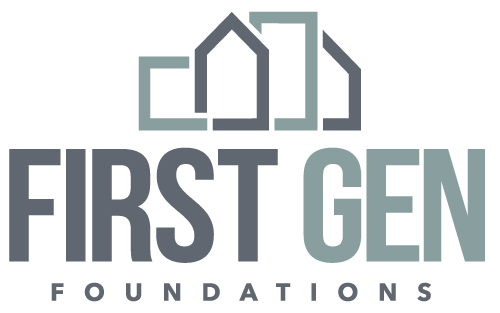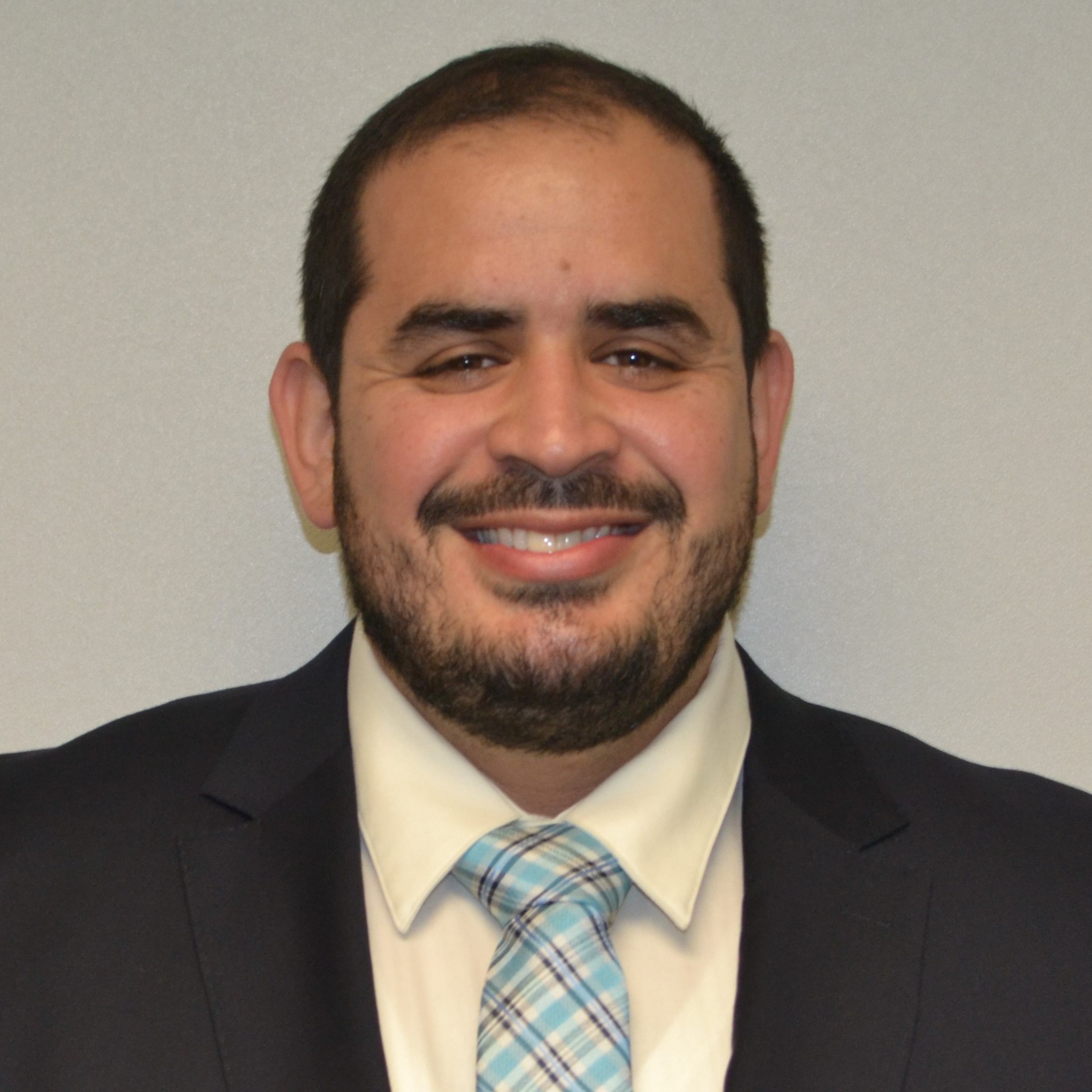ABOUT US

We are dedicated to educating first generation investors on real estate investing and growing their wealth.
Educate. Grow. Give.
Meet the Team

Bryan Escudero
President

Eduardo Escudero
Vice President

Juliana Inguanzo
Operations Analyst

INVESTMENT THESIS
Through our investment journey we have had friends, family and complete strangers ask about how we were able to succeed in this industry. Those conversations were the genesis for this venture to take flight. We realized that while there are numerous avenues to obtain assets in real estate, we have not come across anyone that is willing to walk with us through the process. Your road to successful investing is the reason we founded this company. We were not taught about these investment philosophies…our families were working hard, keeping food on the table and keeping us out of trouble. We know first hand, the uncertainty that comes with putting your hard earned money into the markets. Whether it is fear, lack of knowledge, or financial barriers to entry, we believe that we can help you, the First Gen Investor, continue or begin an investment journey for yourself and build your First Gen Foundations.
The First Gen Foundations investment thesis describes the thought process of assessing and acquiring assets so that you know what type of deals we seek to engage in. By consistently monitoring the economic indicators that can affect Real Estate and its periphery markets, our investment thesis is a living document which allows us to update, pivot and continually mitigate risk to your investments. These are the core pillars of our investment thesis:
-
Markets
-
Conservative Underwriting
-
Property Class
-
Management
-
Returns

MARKETS
Our target markets are evaluated by our research experts who focus on economically stable and growing markets, secondary and tertiary markets. As overvalued, or underdeveloped markets are eliminated, we focus on business friendly and landlord friendly markets. Here are seven of the data points we review when considering investing in a particular MSA (Metropolitan Statistical Area).
population growth
job growth
income growth
local rental growth
cost of living
home value growth
crime rates
Once an MSA passes our criteria, we team with local professionals to focus on particular neighborhoods, down to their streets and blocks. We also look at a number of other factors including:
-
Current supply of rental units vs current demand
-
Occupancy Rates – Year over Year
-
Annual Rent Increases – Year over Year
-
Projected Annual rent growth
-
Days on market
Currently we are currently investing in the specific secondary market of Columbus, Ohio. We have studied this market and the MSA meets our criteria which allows for higher returns for our investors. Here are a few notes on the Columbus, Ohio MSA
- Intel announced the construction of a large semiconductor factory in the northeast corner of the city
- We are seeing strong appreciation as well as positive cash flow opportunities in both Columbus and Dayton
- Manufacturing is strong in these markets and poised to remain strong for decades
Conservative Underwriting
We have multiple deals in front of us every day, but we let most pass by because we take our commitment to making our partner’s investments as safe as possible while looking for favorable returns. Warren Buffet famously said:
“The first rule of an investment is don’t lose [money]. And the second rule of an investment is don’t forget the first rule. And that’s all the rules there are.”
A few examples for our loss mitigation strategies are:
- Our underwriting models move items “above the line” to keep our evaluation on any given property deflated
- We underwrite properties at a static “natural growth” even though market growth might indicate stronger returns
- We keep reserves in the contingency accounts for vacancies, capital expenditures and maintenance
We got into this industry because we saw the potential to help others take care of their money and offer another vehicle of growth. We believe conservative underwriting allows us to not break the first rule of an investment which is just as important as making that investment produce positive returns.
PROPERTY CLASS
The property classes we target are in the Single Family Home and Multi-family Home space. We target undervalued properties that allow us to force appreciation upon acquisition and initial rehab/renovation. We focus on properties that are in B and C class neighborhoods. Below are a few of the reasons why we like these homes:
- These types of homes, along with the market we are in, generally show resilience during a recession. During tough economies, folks in A class properties affected by a job loss will typically move into a B or C class property. These homes are still in working class areas where they still feel comfortable. Due to a change in income, homeowners or renters may no longer be able to afford an A or B class property, but would still avoid a D-class property if at all possible.
- As markets are affected and unemployment rises, B and C class properties are more affordable for the working class. It is easier for a tradesperson to find another job in their trade, or a different trade than it is for a high earner to find another high earning job. This keeps the demand elevated for this property class.
- There is room for growth in the B and C class properties we get into. As deferred maintenance can become an issue for previous owners, we are able to rehab properties and accelerate rent increases. As we do this, we take care of the tenants, while beautifying the neighborhoods that need the investments to make that happen.
- B and C class properties are more cash flow friendly because they trade at a higher cap rate than A class properties.
- D class properties are typically in high crime areas. They are high-risk, high-reward, but they fall out of our conservative underwriting guidelines. There are too many factors that don’t allow for proper risk mitigation. We do not want to expose our investor base to breaking the first rule of investment.
MANAGEMENT
Good management can help fix, change and increase the value of properties. As children in working class families, we know the value of “home”. We believe that if we take care of the tenants, they will take care of their homes. We are not slumlords. We make sure that we have properties that are on par with or better than the market with respect to quality. We work closely with our property managers to ensure that tenants are being taken care of and we regularly check the properties with physical inspections to ensure that there are no deferred maintenance issues. Our operations teams focus on cost-benefit analysis for our capital projects so that we don’t overcommit funds to a project that will affect your return on investment (ROI) negatively over the life of the project.

We take care of our properties.
We take care of our tenants.
We take care of our managers.
They take care of our profits.
RETURNS
Everyone invests to get a return. We have experienced that if we hold fast to the criteria explained above, we will see positive returns. Some of the parameters that tell us if we pursue a deal that comes across our desks are:
- Positive Cash Flow (funds available after expenses and reserves) – We do not get into negative cash flowing deals. Depending on the business plan, some deals might be a stronger equity play which means that cash flows might be lower. The gains on these properties happen towards the end of the hold period through heavier appreciation in the market. That being said, we will not get into a strong appreciation deal (no matter how large the gains might be) that does not have positive cash flow. We do this in case appreciation slows, we have strong cash flowing property which we can hold until the market bounces back which keeps the investor happy.
- Because of deferred maintenance, some properties have a unit that will remain vacant. During our underwriting process we factor in those rehab costs that attract quality tenants that can be proud of where they live. We will only do this if the area shows that those units are rentable at the market rents we underwrite for. This will give us flexibility to hold the asset longer, if we are in unfavorable market conditions.
Once a property passes these criteria, we use the following metrics to let us know if we move forward.
%
Cash-on-Cash
%
IRR
Year Hold Period
Along with these measures to evaluate, underwrite, manage and grow your portfolio, we also run regular analysis to ensure that we keep your investment in the best deals possible by:
- Annual analysis on ROE (Return on Equity)
- Leading up to Year 3, we analyze whether a Cash out Refinance is a strong move for reallocation of invested capital
- We consistently audit our Capital Expenditures and keep deferred maintenance issues at bay
- We stay in constant contact with our tenants to make sure that we are keeping up our end of the commitment to keep their homes in good standing
- Market analysis for rent increases are done consistently to ensure that we are maximizing rents.
FINAL THOUGHTS
As we began our real estate journey, we noticed a problem for people like us, that is, First Generation Investors who might not have all of the information needed to get in the game. People believe they have no one they can trust. We decided to step into this space and represent the wonderful qualities that real estate has as an investment vehicle for generational wealth to you. We understand that this is a long game. Consistent time in the market can allow for positive returns and exponential growth over time. Allow us to introduce these fundamentals to:
Educate you in the industry,
Grow your investments, and
Give your time and money to future generations or worthy causes.
Let us help you start building your First Gen Foundations.
